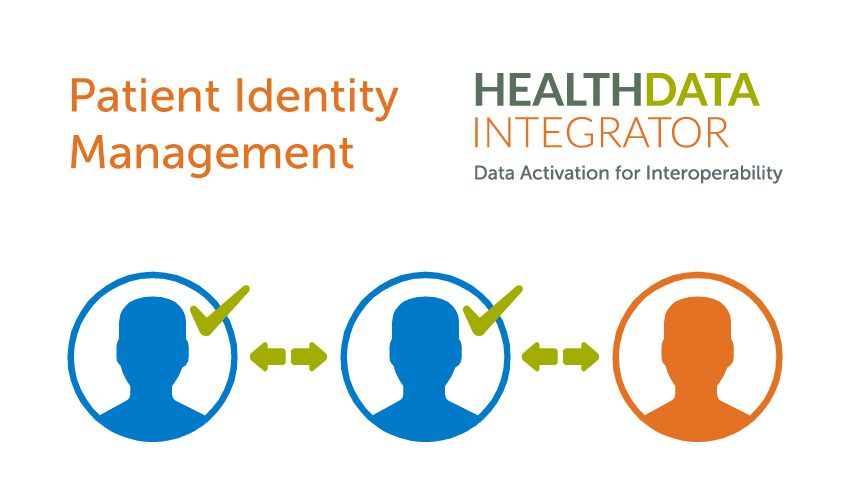HealthData Integrator®
Data Activation for Interoperability
Enhance data exchange and sharing through APIs based on common industry standards.
As the healthcare industry continues to strive for broader interoperability, the importance of data integration projects for delivery connectedness in the form of data exchange and sharing is instrumental. Interoperability’s goal is to coordinate the cooperative use of data across the care continuum to tell a patient’s full health history.
Active Archive with
User-Friendly Workflows
700+
Unique Software Brands We’ve Worked With
500+ Clients
Across the healthcare continuum trust our expertise
HITRUST
Certified for Meeting Standard Data Protection & Security Framework
SSO
Single Sign-On integration with major EHRs.
Integration Options
An active archive like HealthData Archiver® can help your organization deliver on interoperability goals and ensure your inventory of legacy data applications is consolidated, secured, accessible and usable. With data from multiple data sources or domains consolidated to a single archive, some of these and other use cases become readily available:
Single Sign-On
Seamlessly authenticate, in patient-context, from
most major EMR brands to HealthData Archiver®.
Legacy Record Indicator
Instantly see if a patient has an archived record
from the patient chart (currently available for Epic).
MPI Backload
Link historical patient records to the
master patient index (MPI).
MPI Synchronization
Use criteria to match historical patient ID to the
go-forward EHR, using a form of HL7 to link and
unlink records as needed.
Reporting/Analytics
Pre-define reports as part of the data storage
planning process. Connect an ODBC/JDBC
reporting, analytics or business intelligence tool.
Data Export/Sharing
Export legacy data from the archive and share it to
applications, data warehouses, APIs, dashboard/
visualization tools, HIEs, research teams and more.
Third-Party Auditing
Ensure archived data is monitored for unusual
activity and compliance through an integrated
third-party monitoring platform.
Secure Record Delivery
Enable the transmission of an archived historical patient chart to a designated EHR endpoint.
Need to Integrate Your Data?
Talk to the Experts.
Guide and inform your plan with the industry leaders.
This seamless access to data supports:
- Higher efficiency
- Improved care delivery
- More satisfied patients
Standardization
Healthcare data integration standards provide a common language for information to be ingested and made sense of regardless of its source system. With standards in place to guide the “what” and “how” of data movement, a variety of healthcare integration use cases may be addressed. The benefits of these use cases can be seen throughout the entirety of healthcare organizations.
Common health data standards include USCDI, HL7, FHIR, C-CDA, XML and Direct.
Beneficiaries of Integration Data Standards
- Clinicians
- Hospitals
- Laboratories
- Pharmacies
- Researchers
- Payers
- Suppliers
- Patients
Application Programming Interfaces
APIs further enable interoperability in healthcare through clearly defining the calls, requests, formats and conventions that help software applications to build on the functionality of one another. Our developers work collaboratively with APIs of leading health IT vendors to ensure the secure exchange and accessibility of data.
Key Resources
Explore resources on clinical data management, interoperability, and secure access to patient information to support better care delivery.












